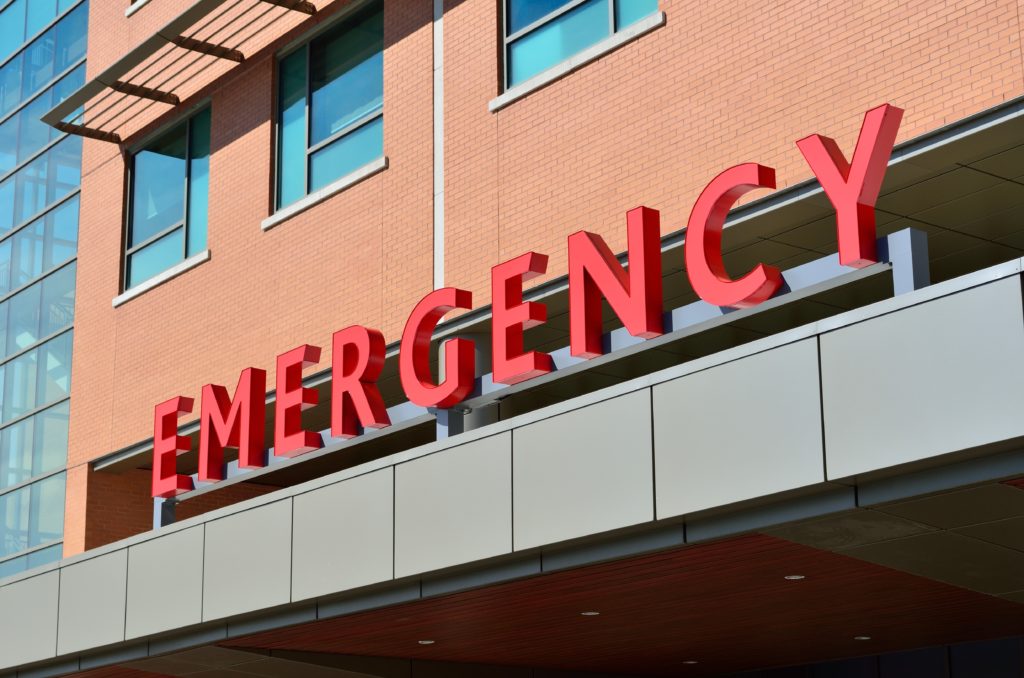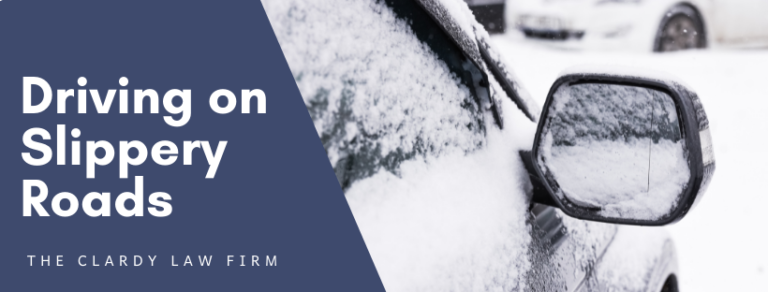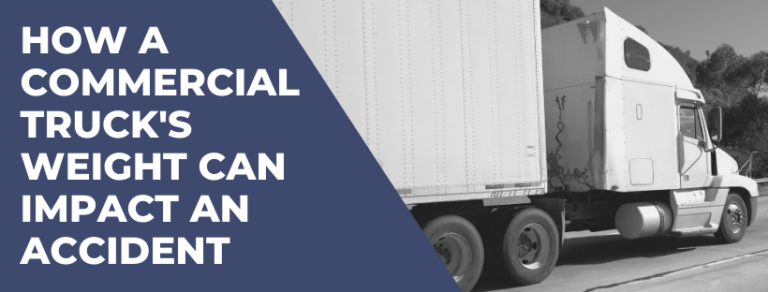A collision involving an emergency vehicle is devastating. In many cases, South Carolina truck accidents involving ambulances, fire trucks, and other emergency response vehicles are fatal for both parties involved.
How Common Are Collisions with Ambulances?
A 2015 article released by ems.gov analyzed 20 years of nationwide data and determined that about 4,500 accidents involve an ambulance per year. Out of those collisions, 34 percent resulted in injuries, and 33 people were killed.
Overwhelmingly, it is the driver of the non-emergency vehicle that is killed (63 percent). The second-highest death rate is the ambulance’s passenger (21 percent). The toll for ambulance drivers came in at 4 percent and non-occupants, such as innocent bystanders, were at 12 percent. In 44 percent of the cases studied, the collision caused the patient to be ejected from the cot.
Who is At Fault?
Determining fault and negligence in South Carolina truck accidents that involve emergency vehicles is not an easy feat, but it is necessary. From lives lost to vehicle and property damage, someone is at fault, and that person must make restitution or pay for their negligence.
However, finding out who is at fault is never simple. Investigators, insurance companies, and lawyers must consider the following:
- Weather: Was inclement weather a factor in the South Carolina truck accident? If so, was the driver of the non-emergency vehicle prepared for the weather? Did he or she clear their windshield or have appropriate tread on their tires? Was the person driving in a safe manner?
The same questions can be asked of the emergency vehicle. Mandatory maintenance of emergency vehicles and weather-readiness must be carried out by first responders at all times.
- Distracted driving: Distracted driving causes many South Carolina truck accidents. That is not limited to drunk driving. Distractions behind the wheel involve texting, reading, eating, applying makeup, and even taking your eyes off the road and gazing out the side window for an extended period of time.
Once again, there are extenuating circumstances. The question must be asked: why was the driver of the vehicle or emergency vehicle distracted? Were they texting (negligence)? Were they trying to avoid a dangerous situation (seeing a collision unfold in the side lane and swerving to avoid it)? Was the patient in the emergency vehicle behaving erratically?
- Vehicle maintenance: Tractor-trailers cause the highest rate of South Carolina truck accidents, and that brings in a whole other set of complications. When a big rig is involved in an accident with an emergency vehicle, and the fault lies with the truck driver, it must be determined if the driver or the driver’s company is to blame. Sometimes faulty parts are the cause, like bad brakes, which means a parts manufacturer may also share the blame.
- National Highway Traffic Safety Administration (NHTSA) Data: The NHTSA records, analyzes, investigates, and documents ambulance crashes. Data from high-level organizations like this one is instrumental in helping all parties involved in the accident untangle and review who is at fault.
Why Does Determining Fault Matter?
South Carolina is an at-fault state when it comes to insurance. Whoever is at fault must make the restitution. That is different from no-fault states, where both insurance companies provide a payout, regardless of who is at fault. Since the burden of compensation is much greater in South Carolina, cases take longer to resolve, and the compensation amounts can be quite high.
As one can expect, few people readily wish to claim fault. The blame game starts early with accusations that must be considered in fairness of the case. The emergency responder driver may say the other driver cut them off, while the other driver may claim the emergency vehicle was speeding without its lights and signals on, for example. In a South Carolina truck accident involving a tractor-trailer that appears to be at fault, the truck driver may blame shoddy maintenance on the truck.
Since fault determines who pays compensation and who pays punitive damages, it is vital for investigators to discover who is really at fault, if fault is shared, and why.
Victims of South Carolina Truck Accidents Need Legal Help
As you can see, even a small, non-fatal accident with an emergency vehicle can kick off months of legal and insurance hassles. Should that accident cause injury, property damage, or death, the issue turns into a nightmare that can easily stretch on for years, and the list of people involved grows exponentially. Soon, accident victims find themselves face to face with angry family members, upset company owners, disgruntled emergency responders, interested manufactures, and pushy insurance companies.
With truck accident legal help, you do not have to navigate this minefield alone. In fact, you should never try to take on the aftermath of a collision with an emergency vehicle on your own. There are simply too many mitigating factors and too many large corporations, insurers, and government agencies involved with pockets much deeper than yours. Without truck accident legal help, you run the risk of being treated very unfairly or winding up with far more than your fair share of the blame.
We Provide Truck Accident Legal Help for Collisions Involving Emergency Vehicles
A collision has a lifelong impact on you, especially when emergency vehicles and fatalities are involved. Here at The Clardy Law Firm, we understand that your mental and physical state following such a collision is compromised. We go the extra mile to ensure you understand the resulting process, what the insurance company is offering, if the settlement is too low, how to best defend yourself against charges, and how to initiate a lawsuit.
Our auto accident lawyers have extensive experience helping clients with all kinds of Greenville, South Carolina truck accidents, and The Clardy Law Firm is ready, willing, and able to help you too.
Call The Clardy Law Firm if you or someone you love is involved in a South Carolina truck accident with an emergency vehicle. The complications of the accident will be thoroughly investigated if we take your case, and we will do everything in our experience, power, and knowledge to ensure you are treated fairly by all the parties involved.





